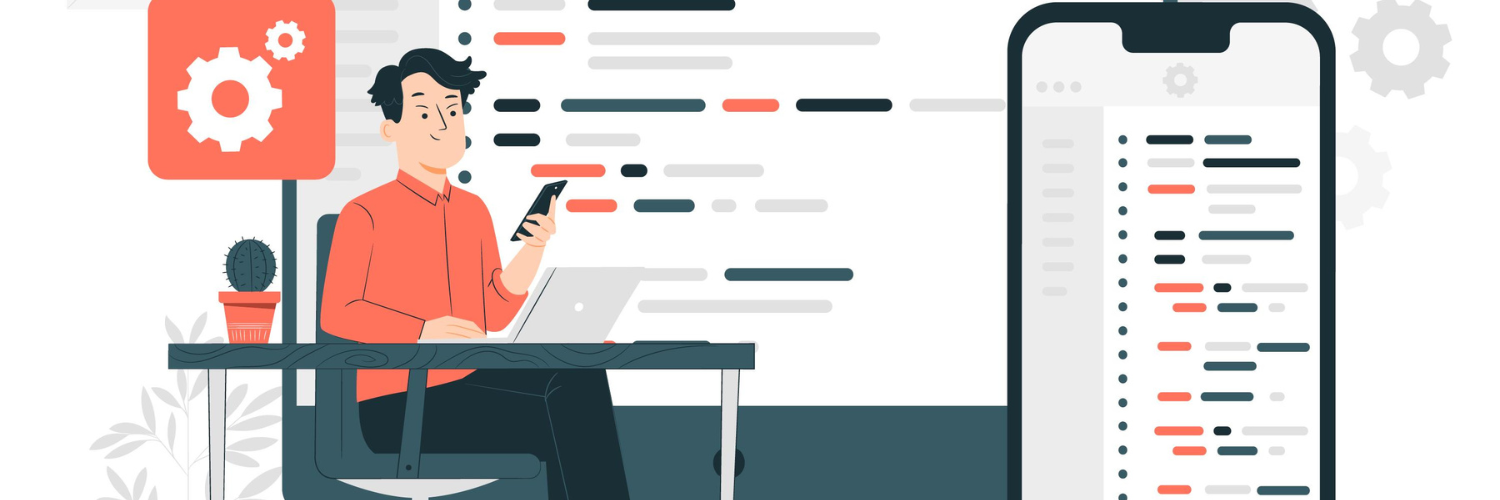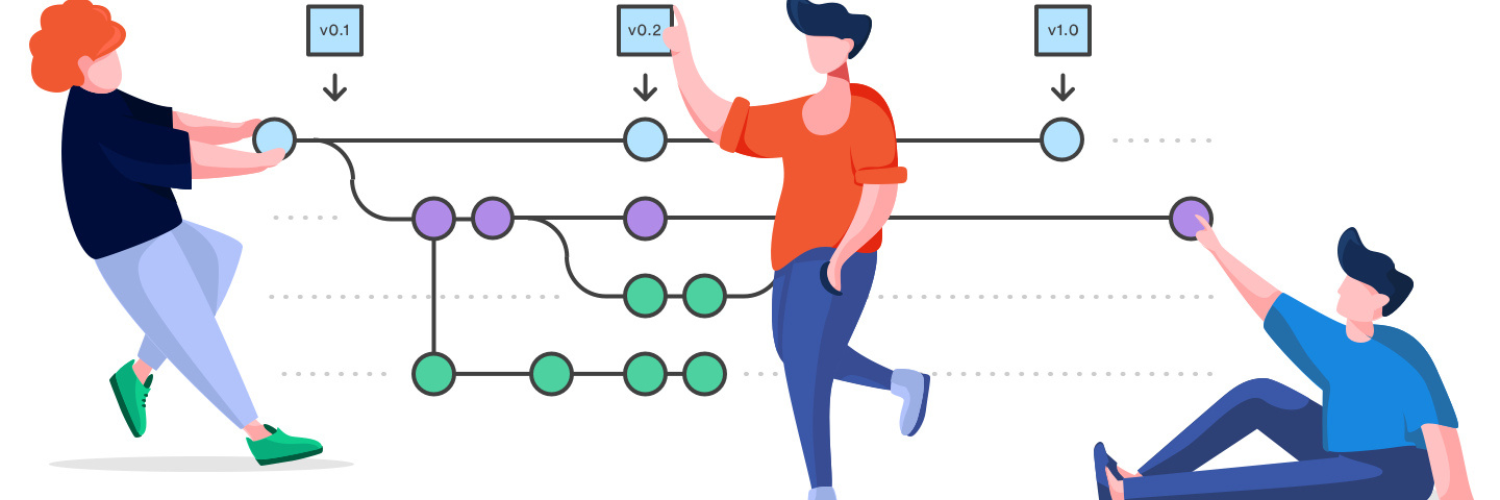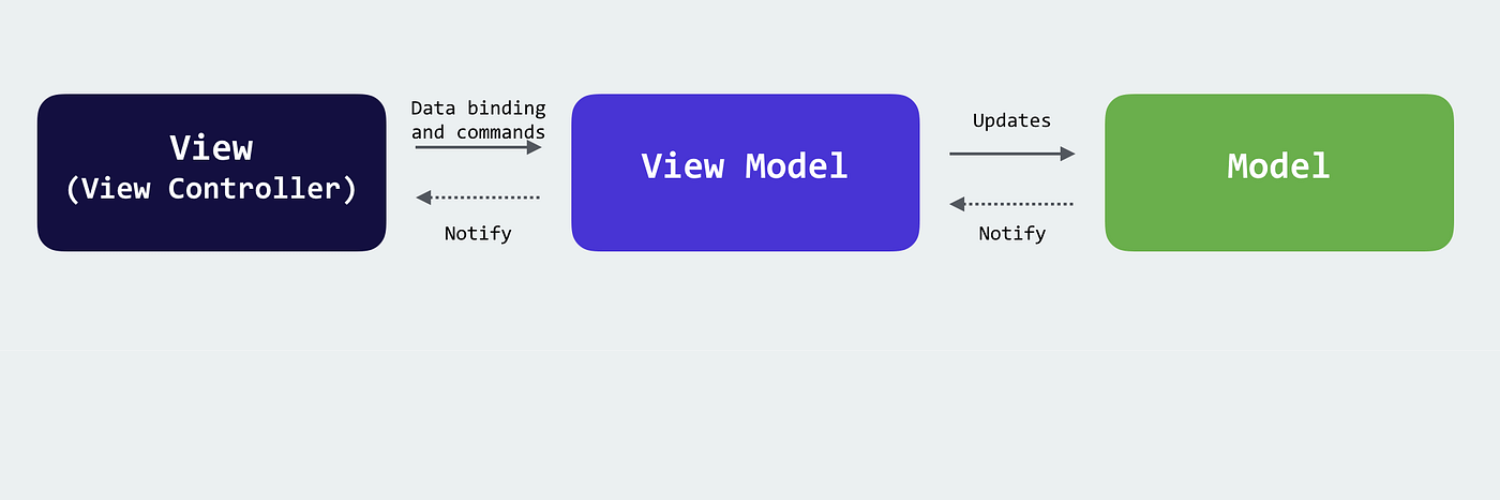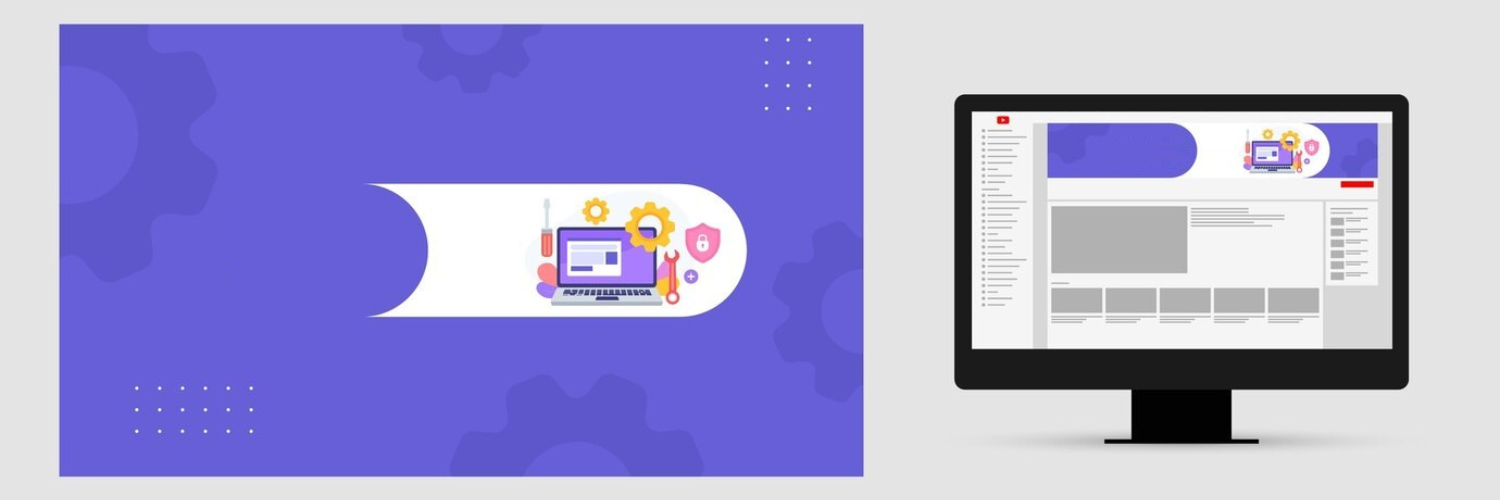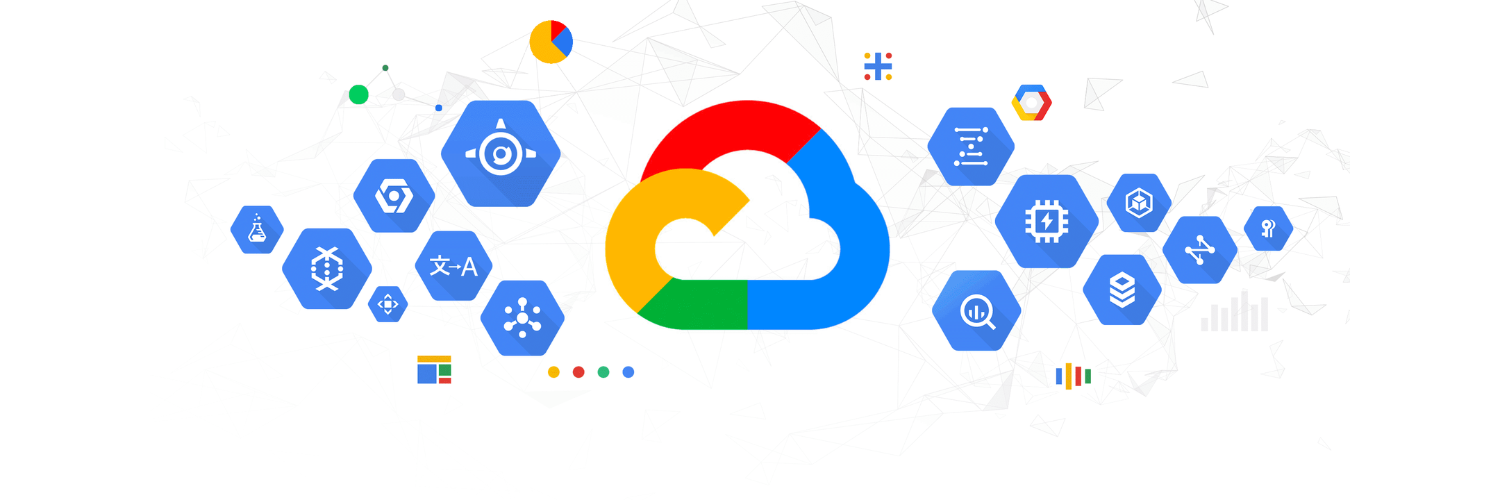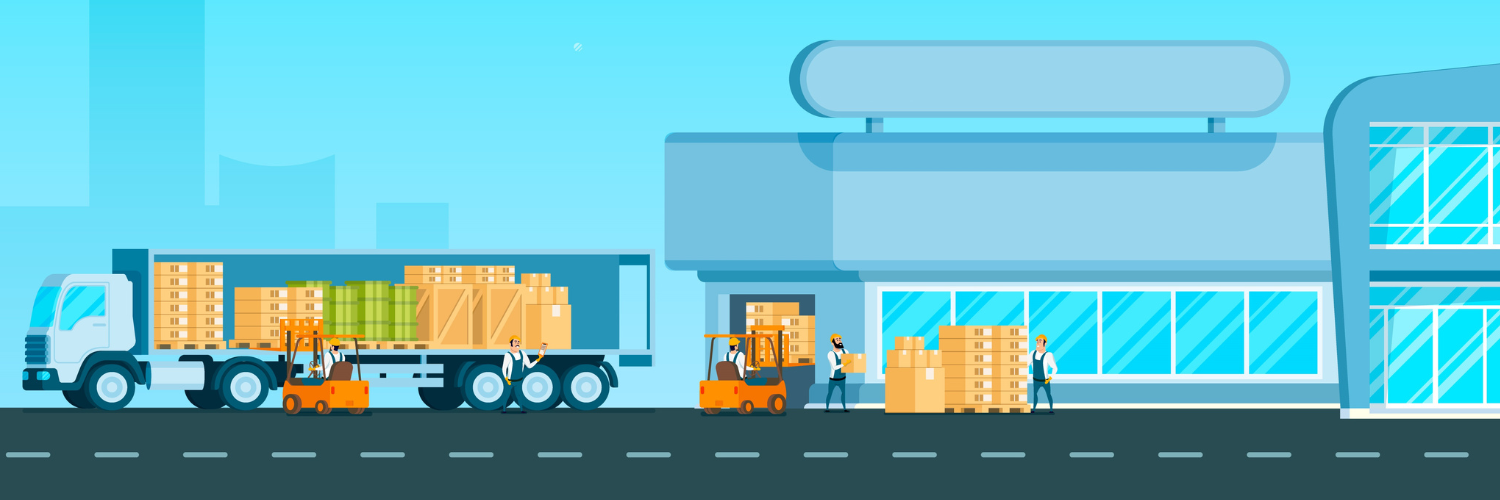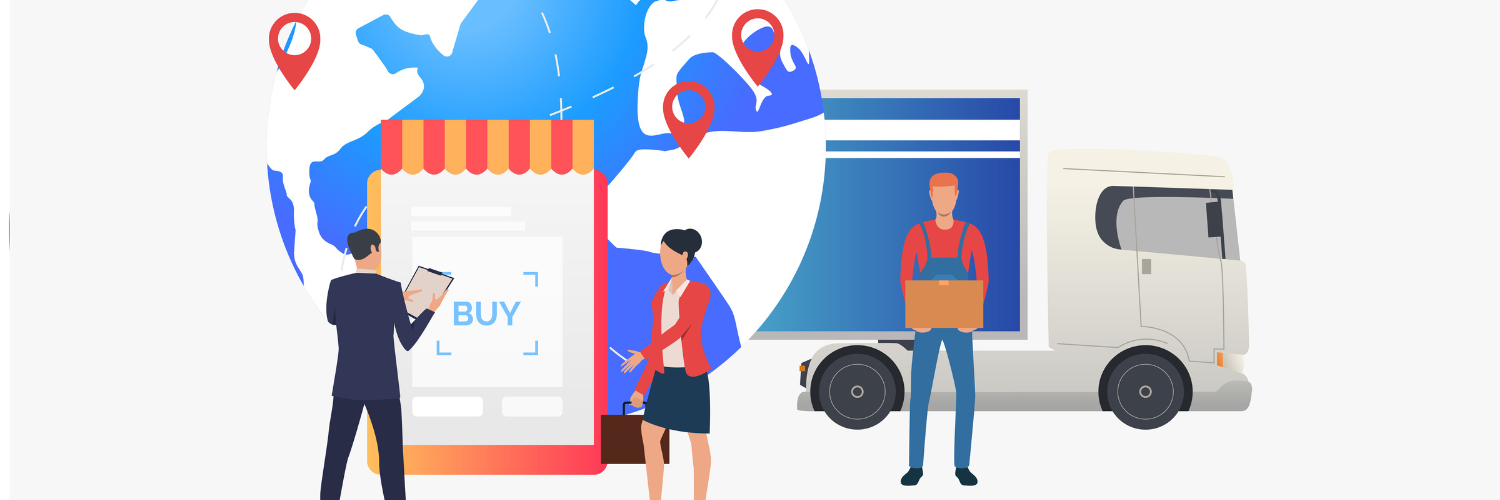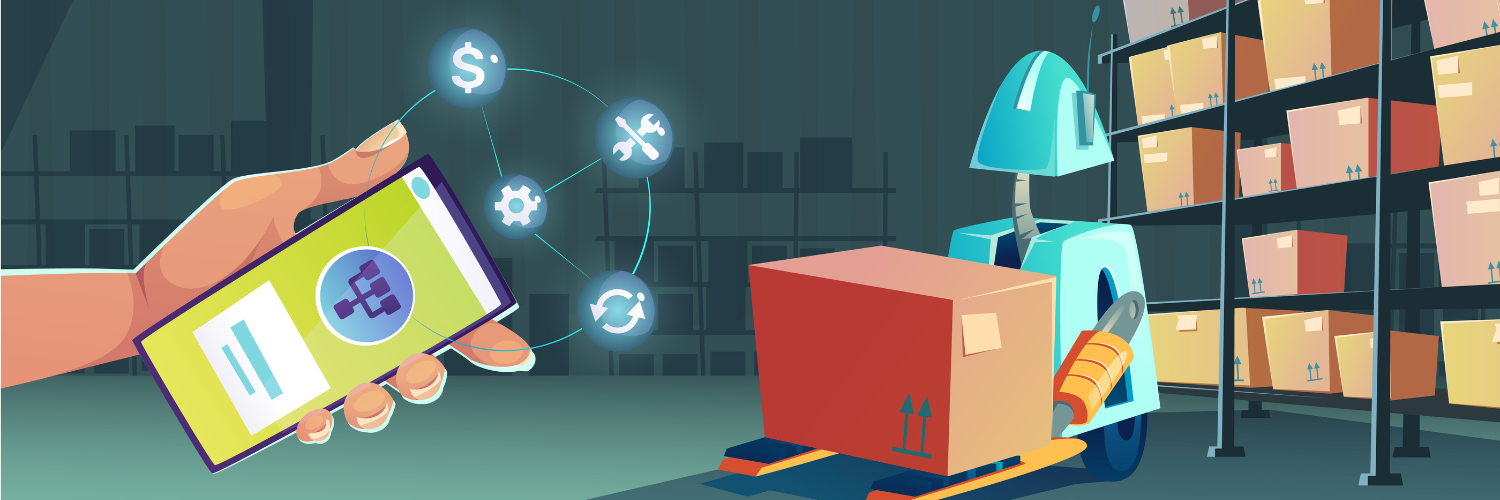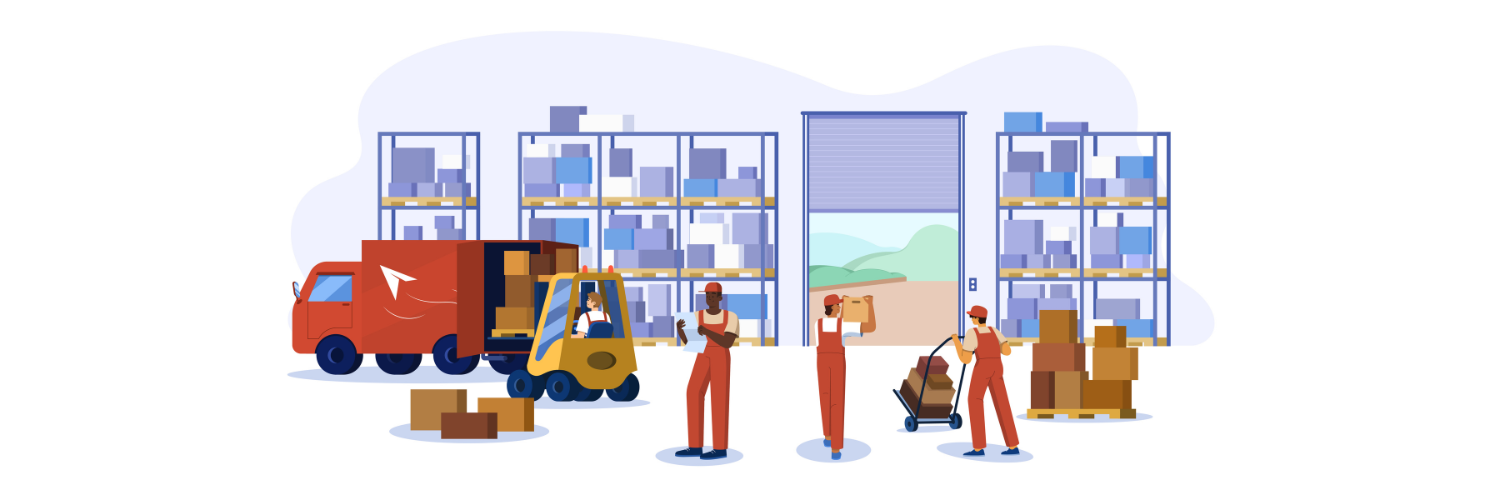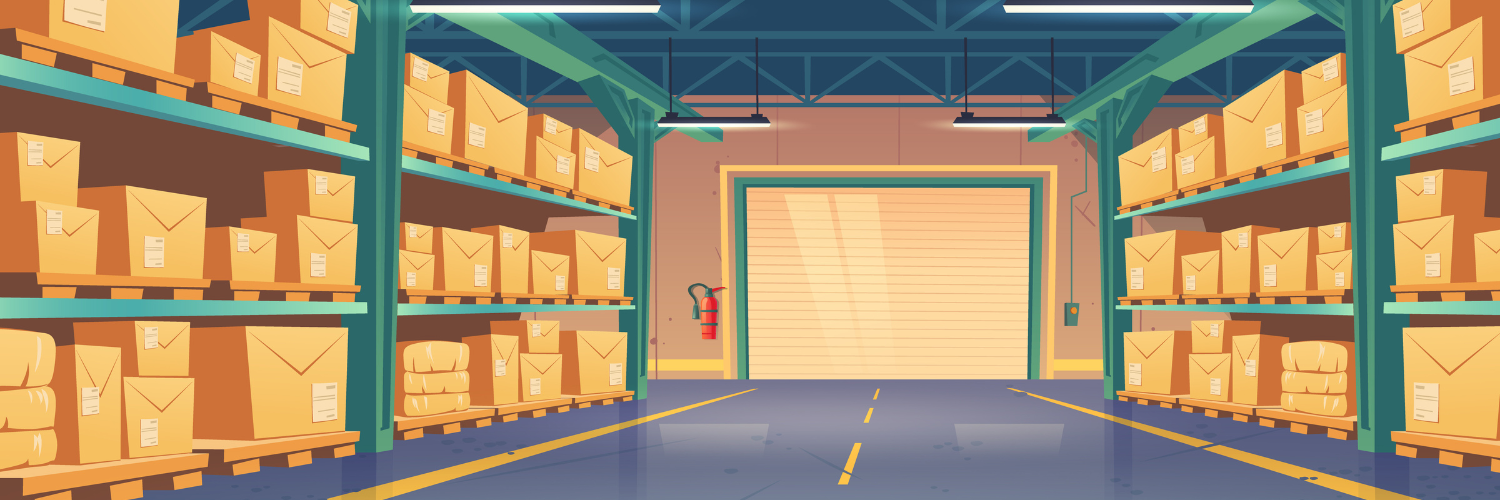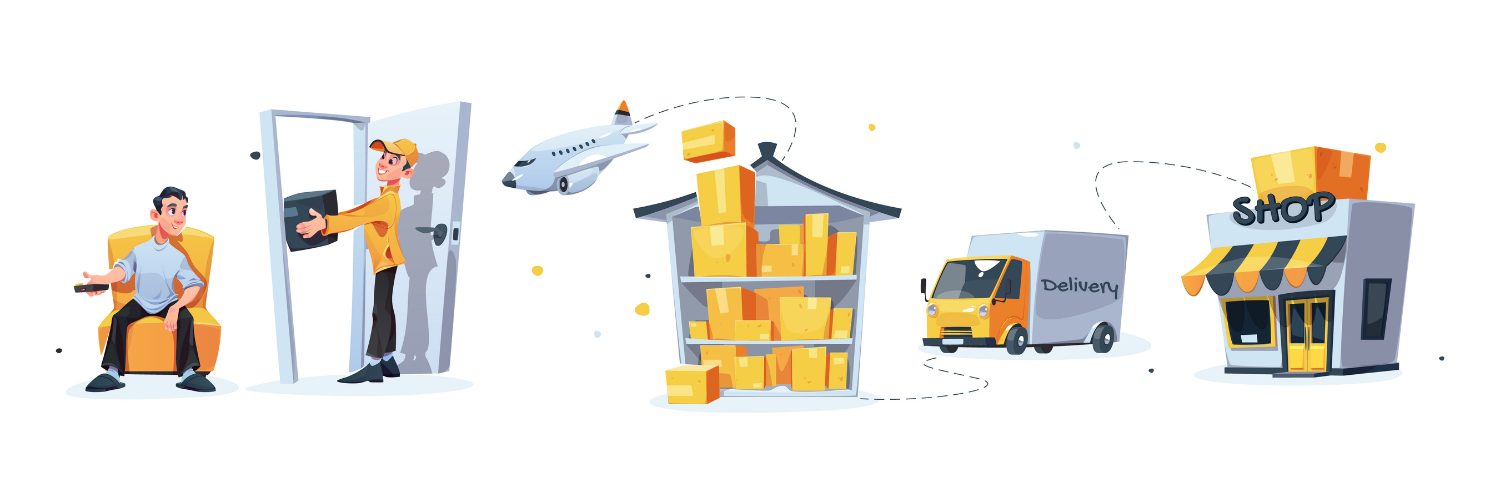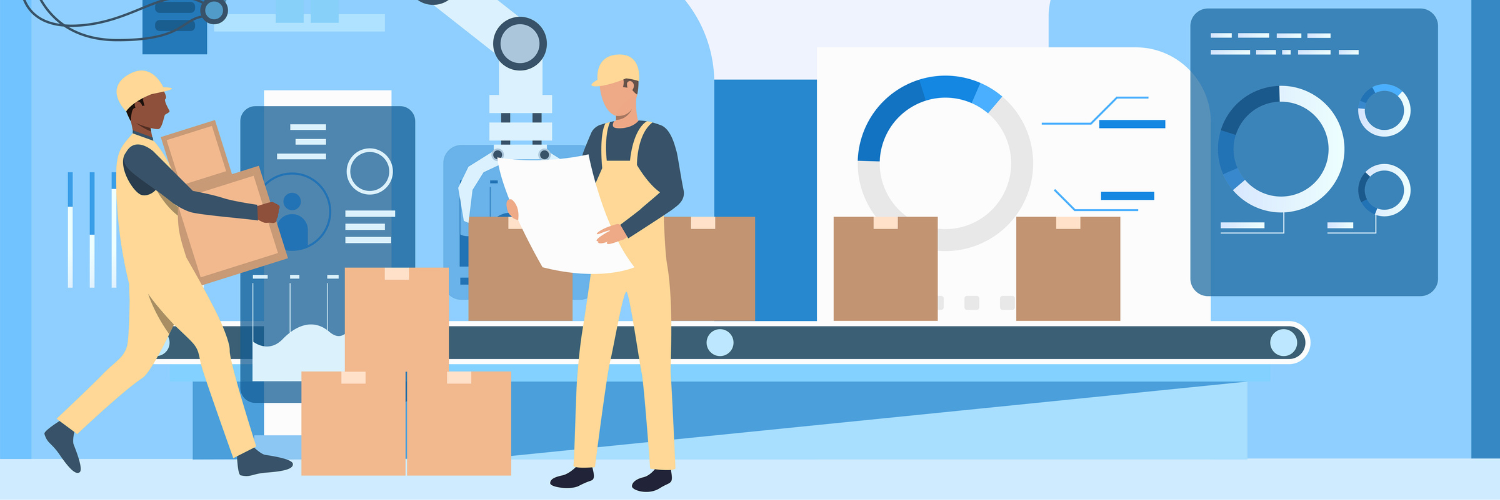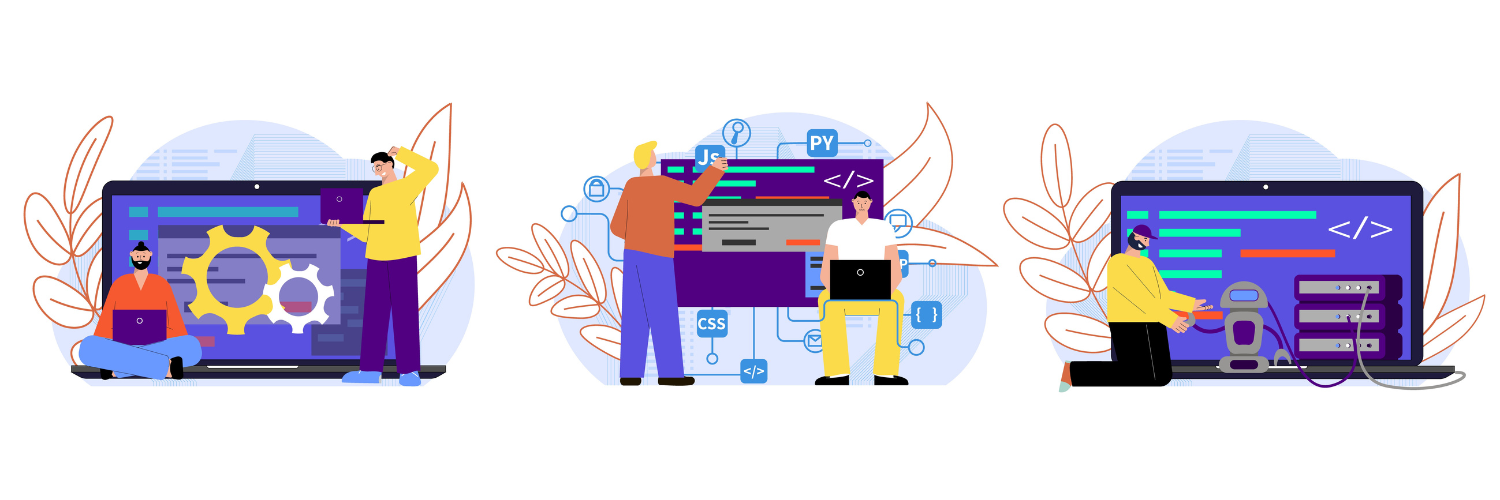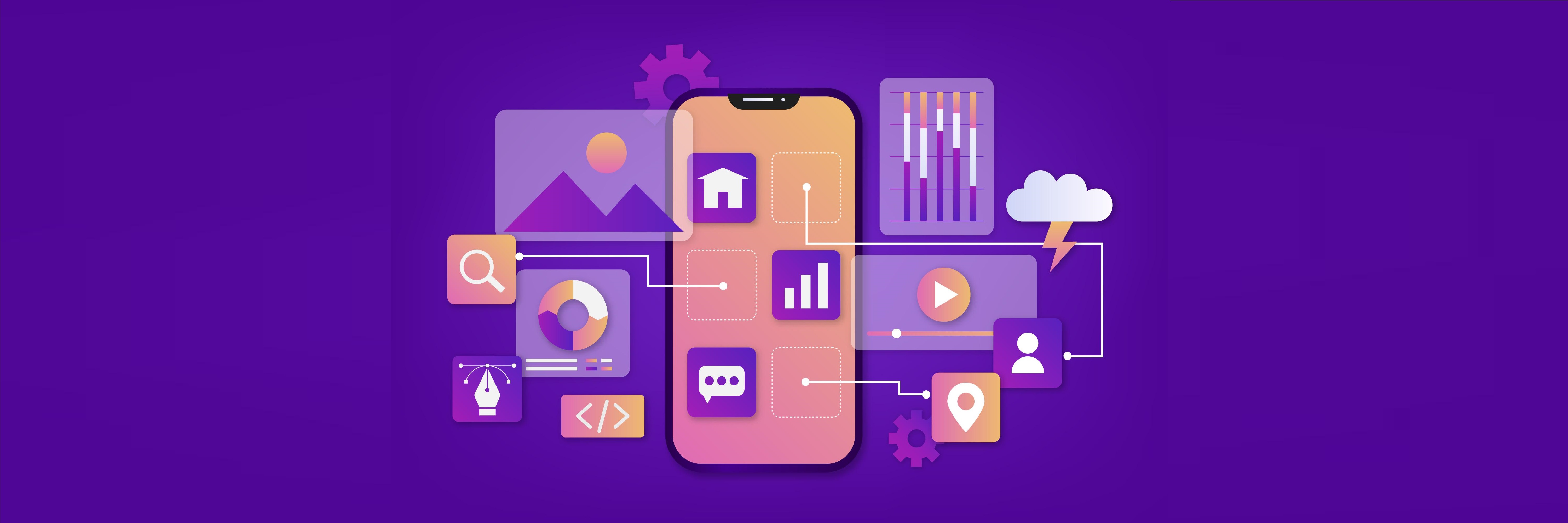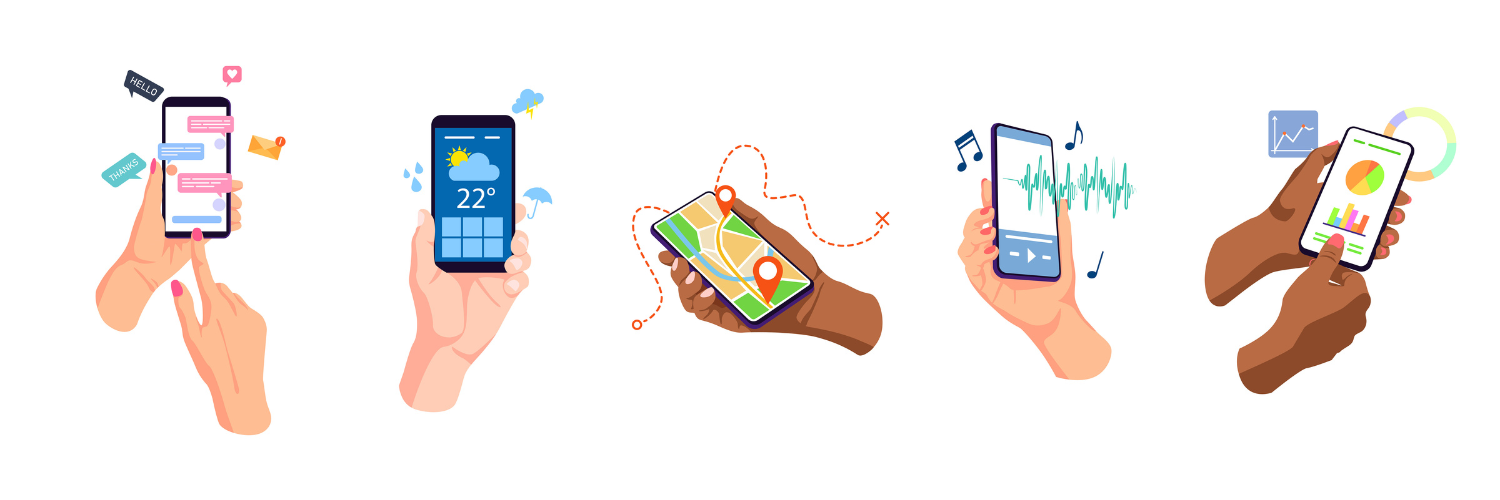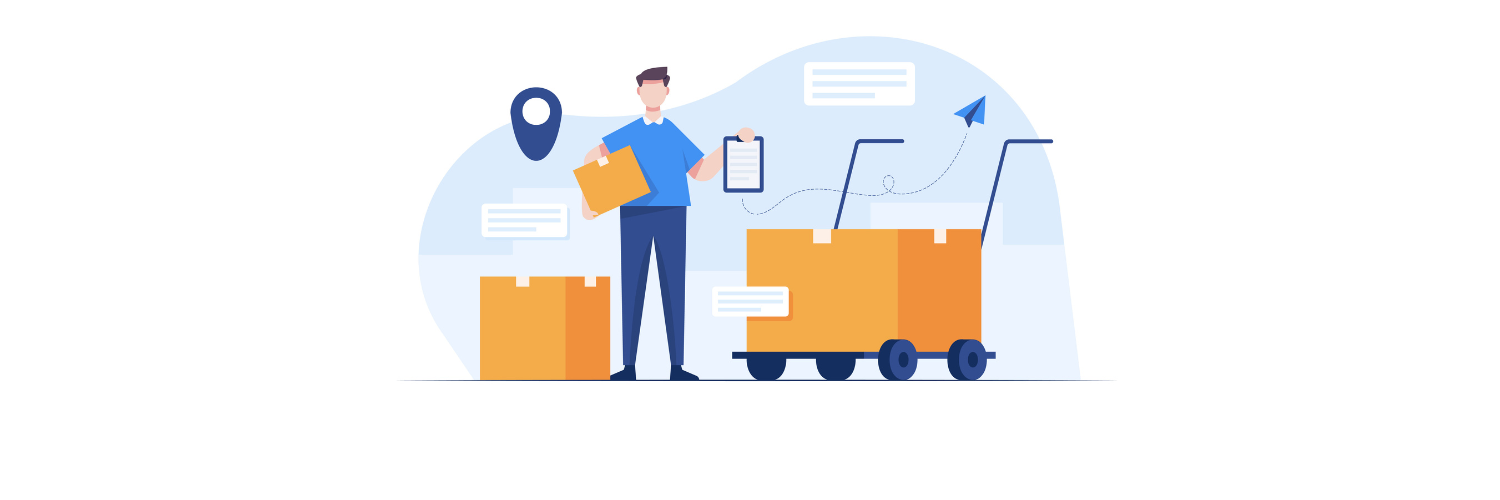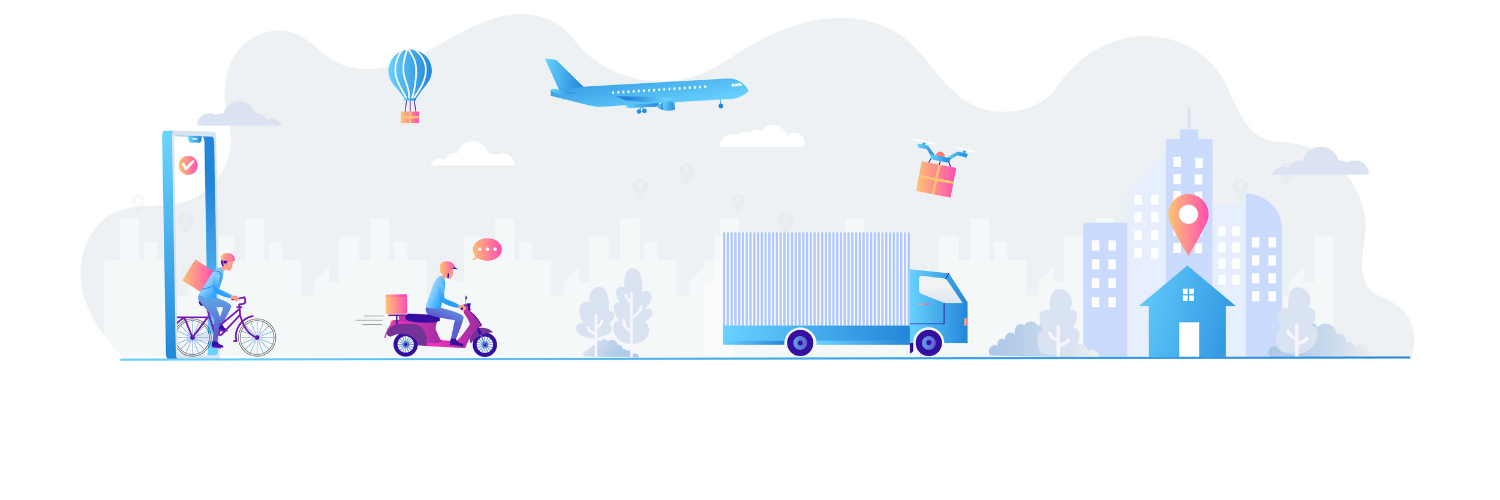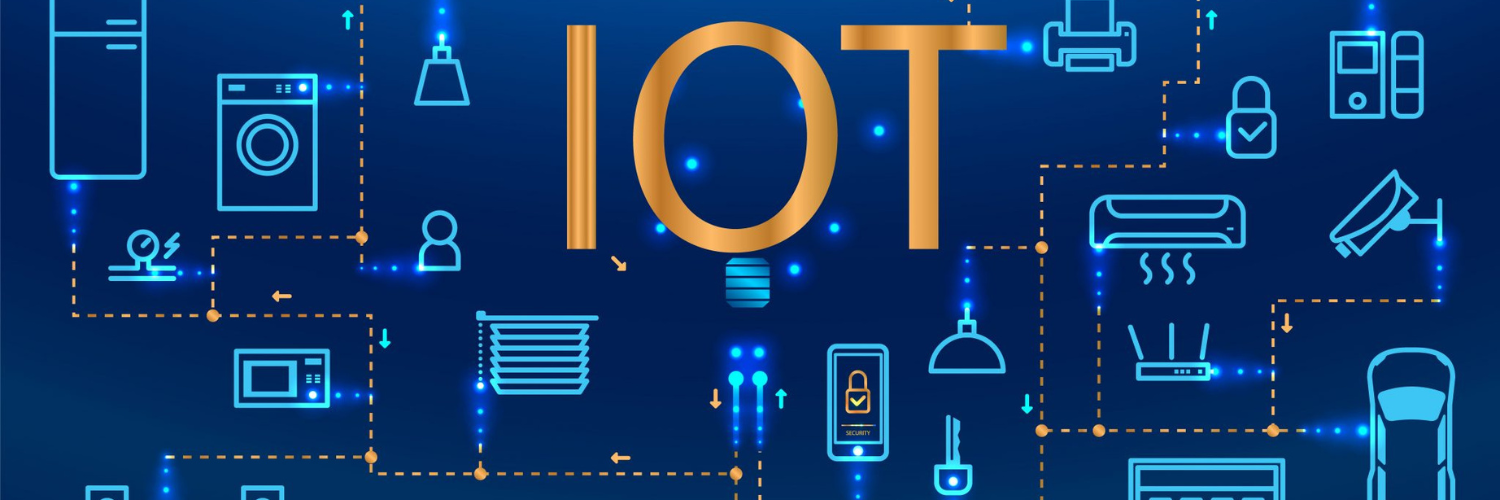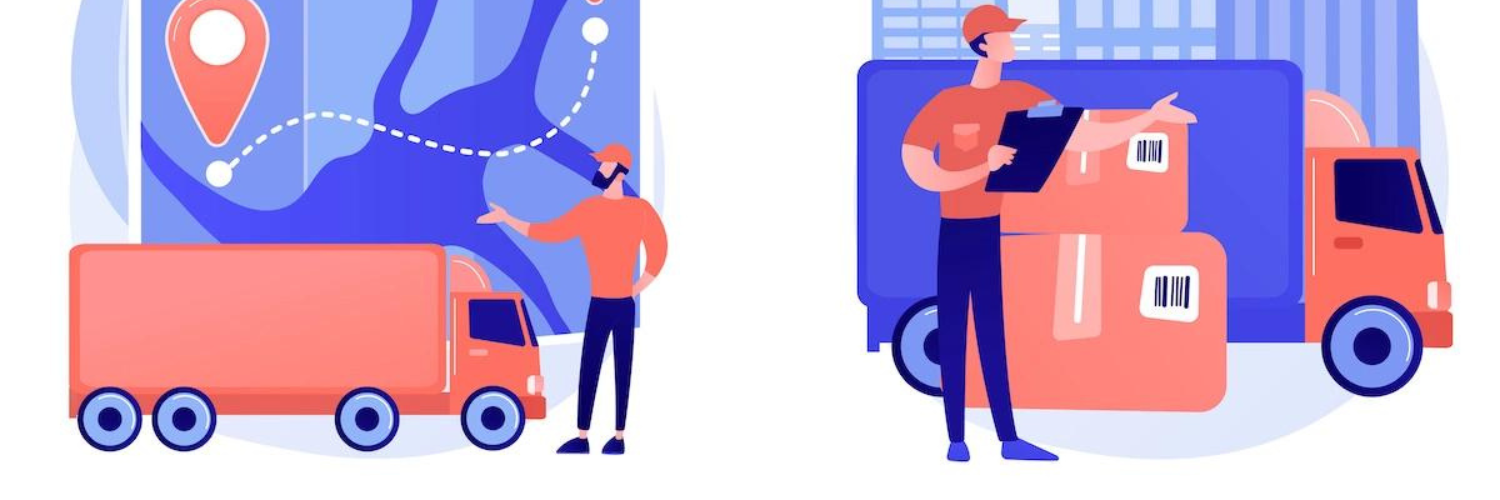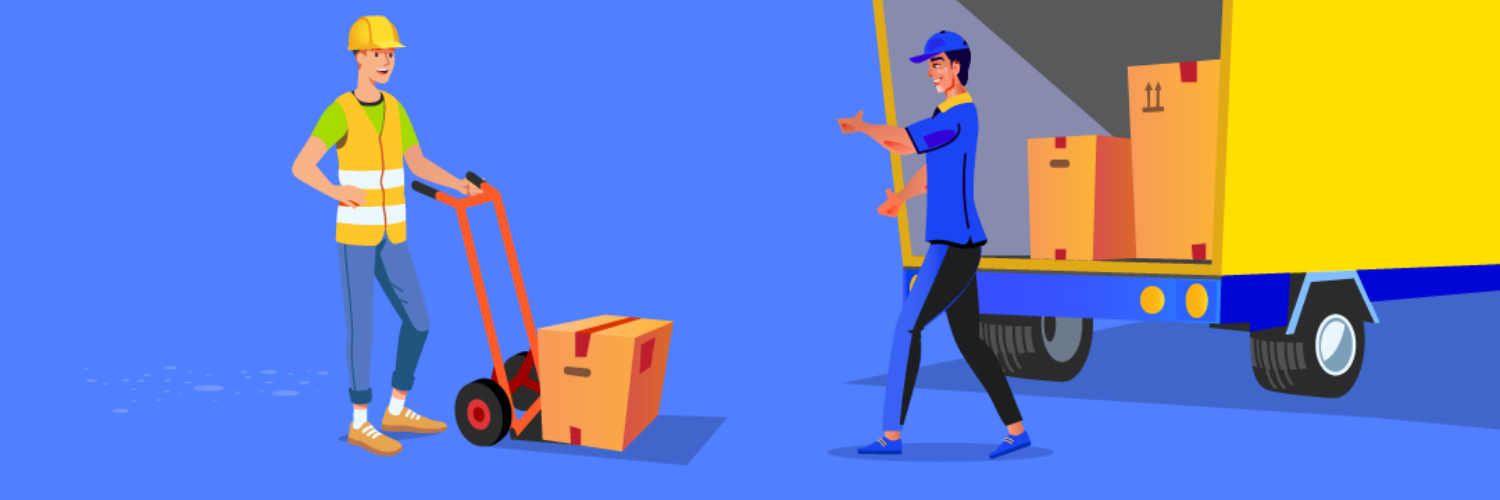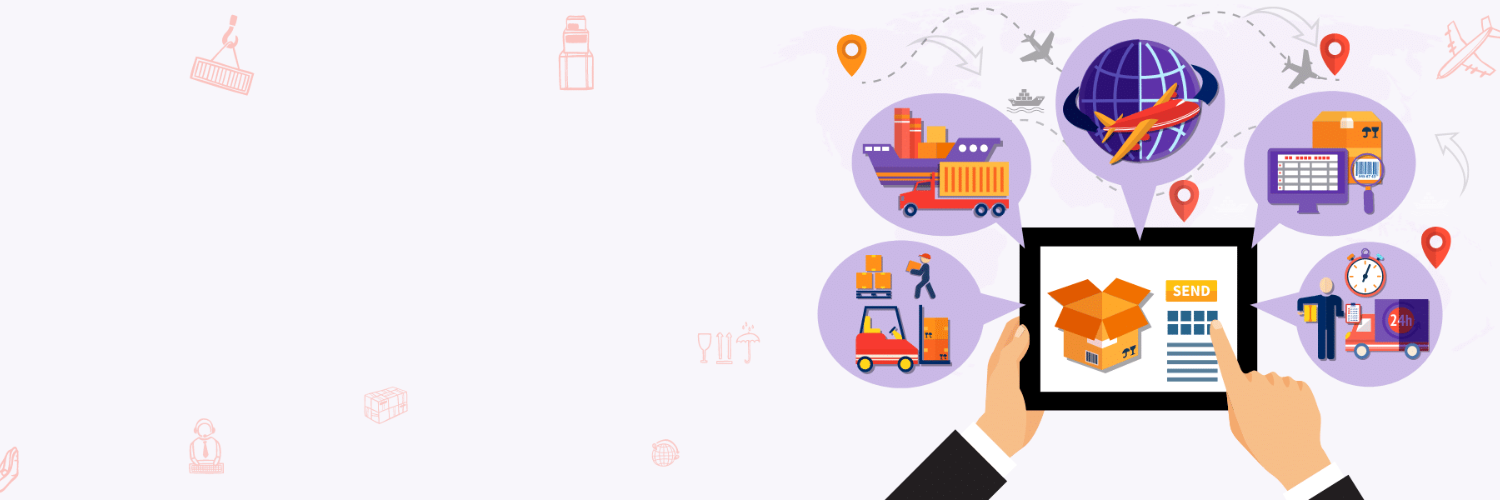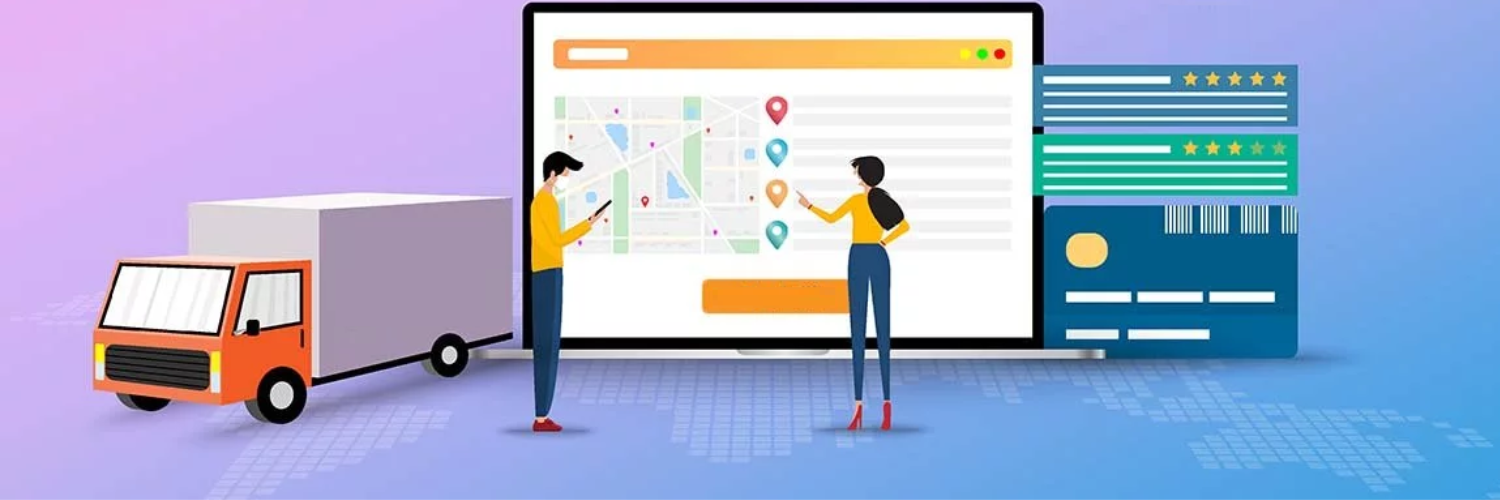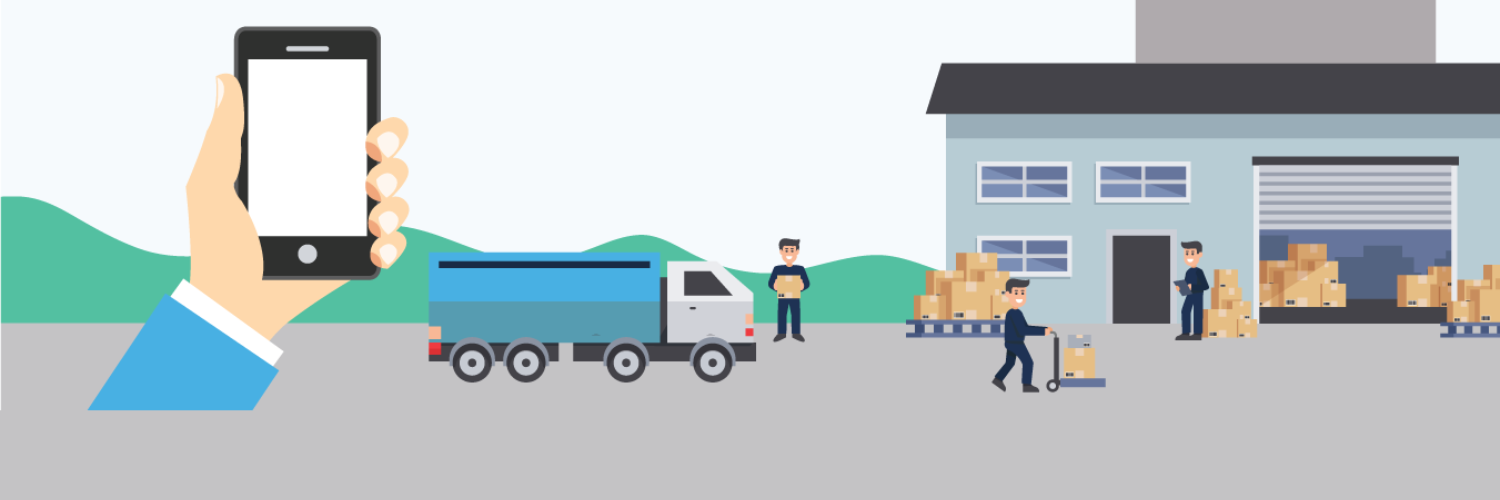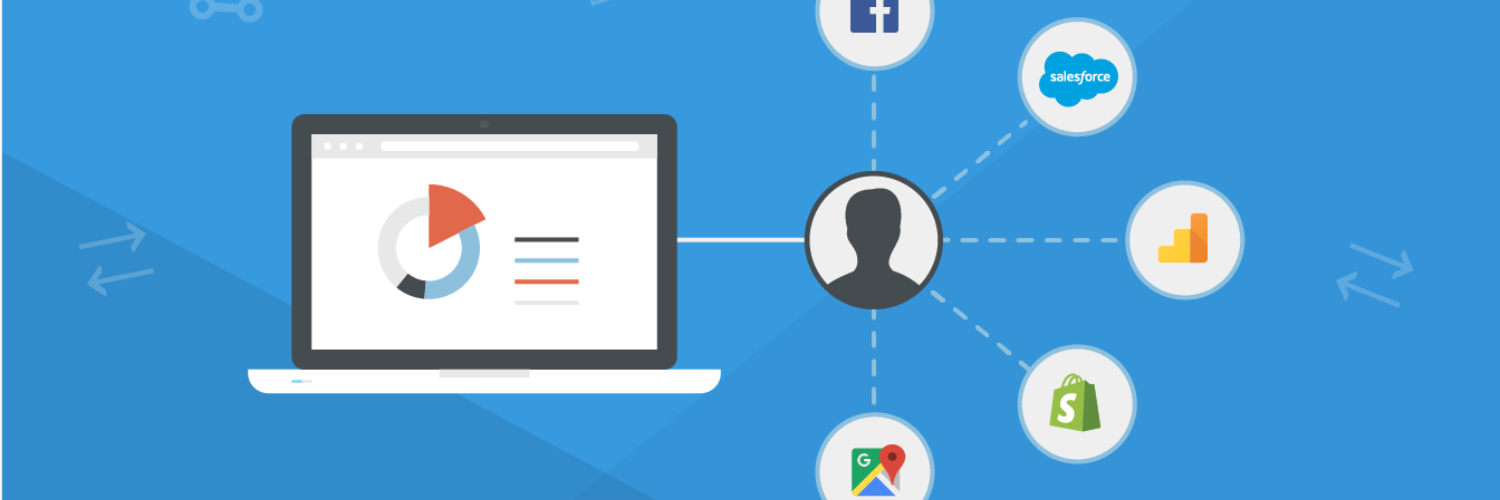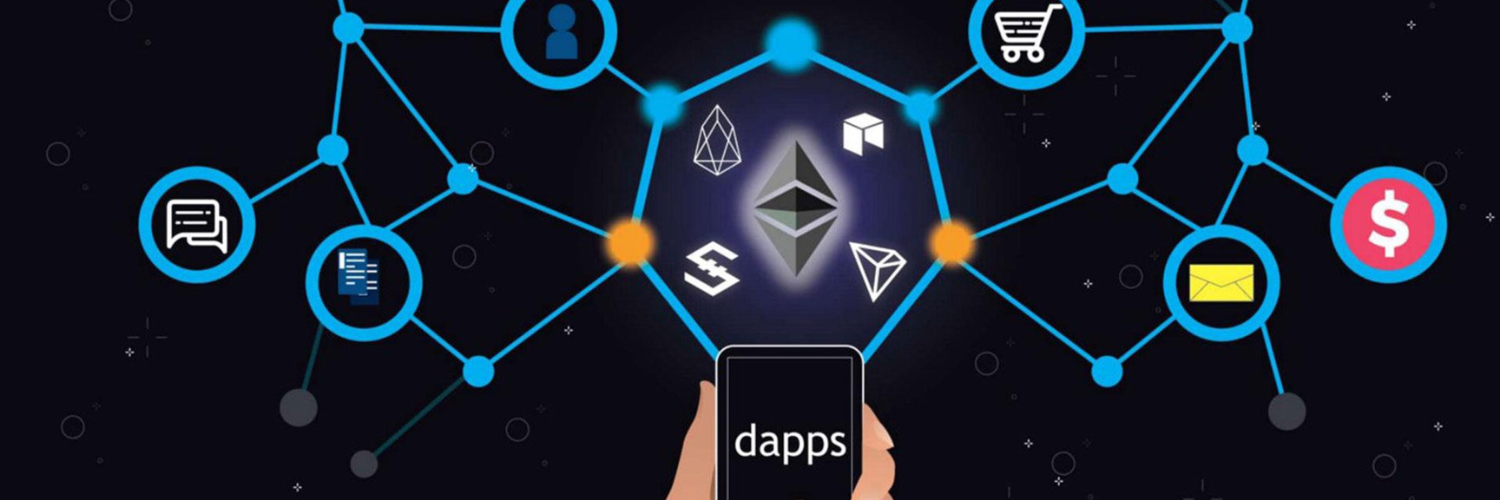Global retail sales growth will continue to rise and take up more retail market share. According to research by eMarketer and Statista, online retail sales will reach $6.51 trillion by the end of 2023, with e-commerce websites and apps taking up 22.3% of total retail sales.
Although retail has had it tough since 2020, every national market covered by eMarketer saw double-digit e-commerce growth. The trend continues: The usage of e-commerce apps has grown tremendously over the years especially during and after COVID-19. In fact, users spent 82 billion hours on shopping apps in 2020.
The top five e-commerce markets haven’t changed since 2018: they are China, the US, the UK, Japan, and South Korea. Trends from eMarketer suggest that these markets will stay in the top five for at least until 2025.
Setting up an international, omnichannel e-commerce strategy can seem too challenging, taking into consideration the current levels of competition. However, there are a few key areas that, if you address them properly, can help you succeed.
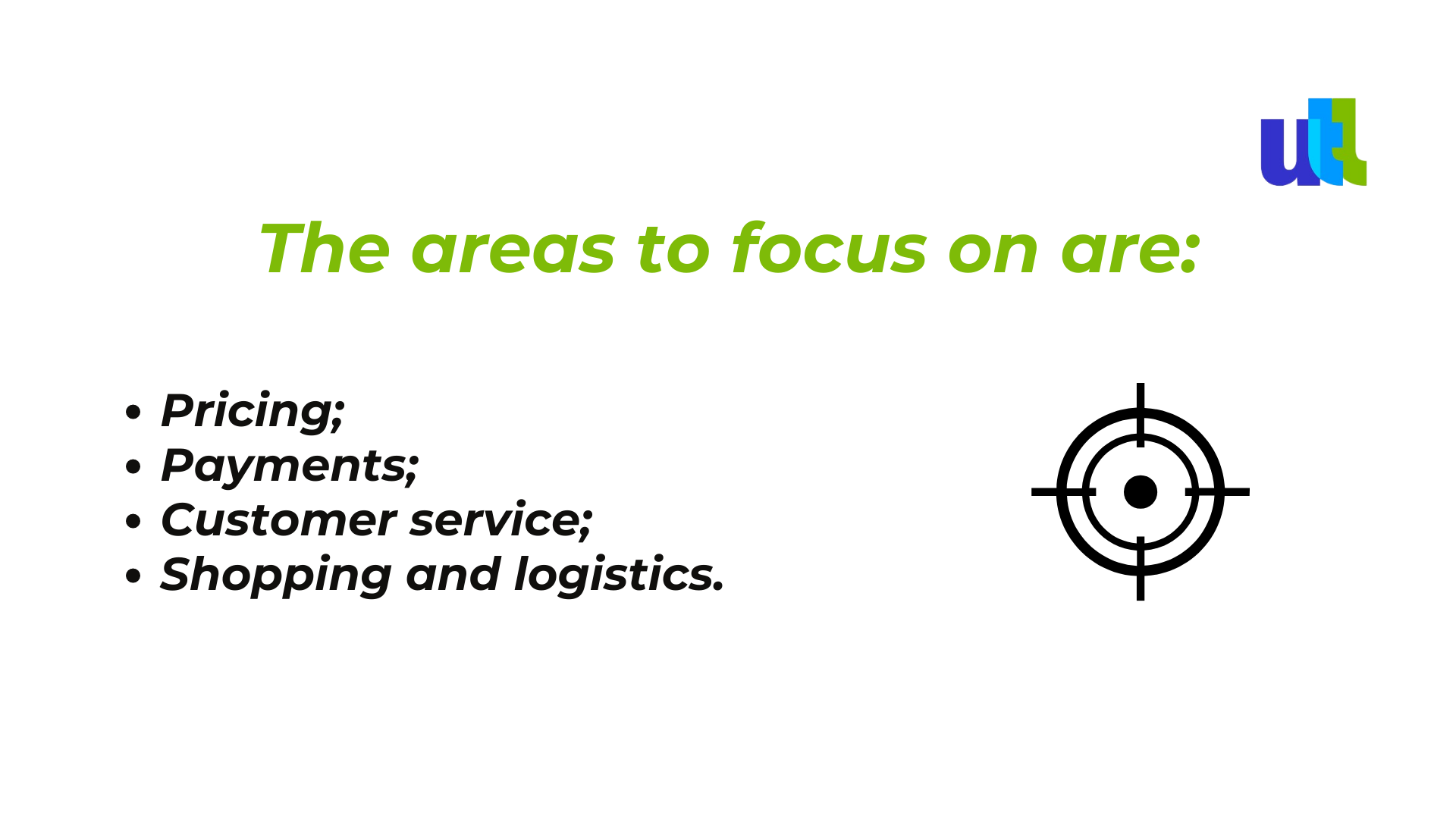
- Pricing
Effectively and profitably linking pricing and promotions together can increase revenue and profiles by 3-5% points overall.
- Payments
Payment methods are relatively simple for international e-commerce—you’ll need at least a credit/debit card processor, such as Stripe, and mobile wallet options (Apple Pay and Google Pay), as well as a buy now, pay later (BNPL) option. The two key things here are the speed of processing a payment and overall convenience for customers.
- Customer service
According to GRIN, 46.75% of customers see customer service as an important part of their e-commerce experience. Common types of communication in most countries include phone (24/7 is the best option), email, and live chat.
- Shopping and logistics
How your buyers will receive your products is a huge factor for them, as their main concern is that it is likely to take long and be expensive. In order to make online shopping internationally successful, think about removing as much friction as possible: research price options with carriers, offer shipping speed estimates, research relevant taxes, and simply do your best with the quality of your shipping.
Once these points are thoroughly thought of, you can move to the actual e-commerce web/app development.
What is e-commerce app development?
E-commerce app development is the process of developing mobile applications that enable businesses to sell their products online and deliver a great shopping experience for users who are using their mobile devices to buy products online.
Why is it important?
Well, according to recent statistics, e-commerce apps have 14% higher conversion rates as compared to e-commerce mobile websites
In fact, e-commerce mobile apps will also generate 53.9% of total e-commerce sales, while 78% of users prefer to access an online store via a mobile app as compared to a mobile website. Let’s better understand why.
Why people choose e-commerce mobile apps over e-commerce mobile websites:
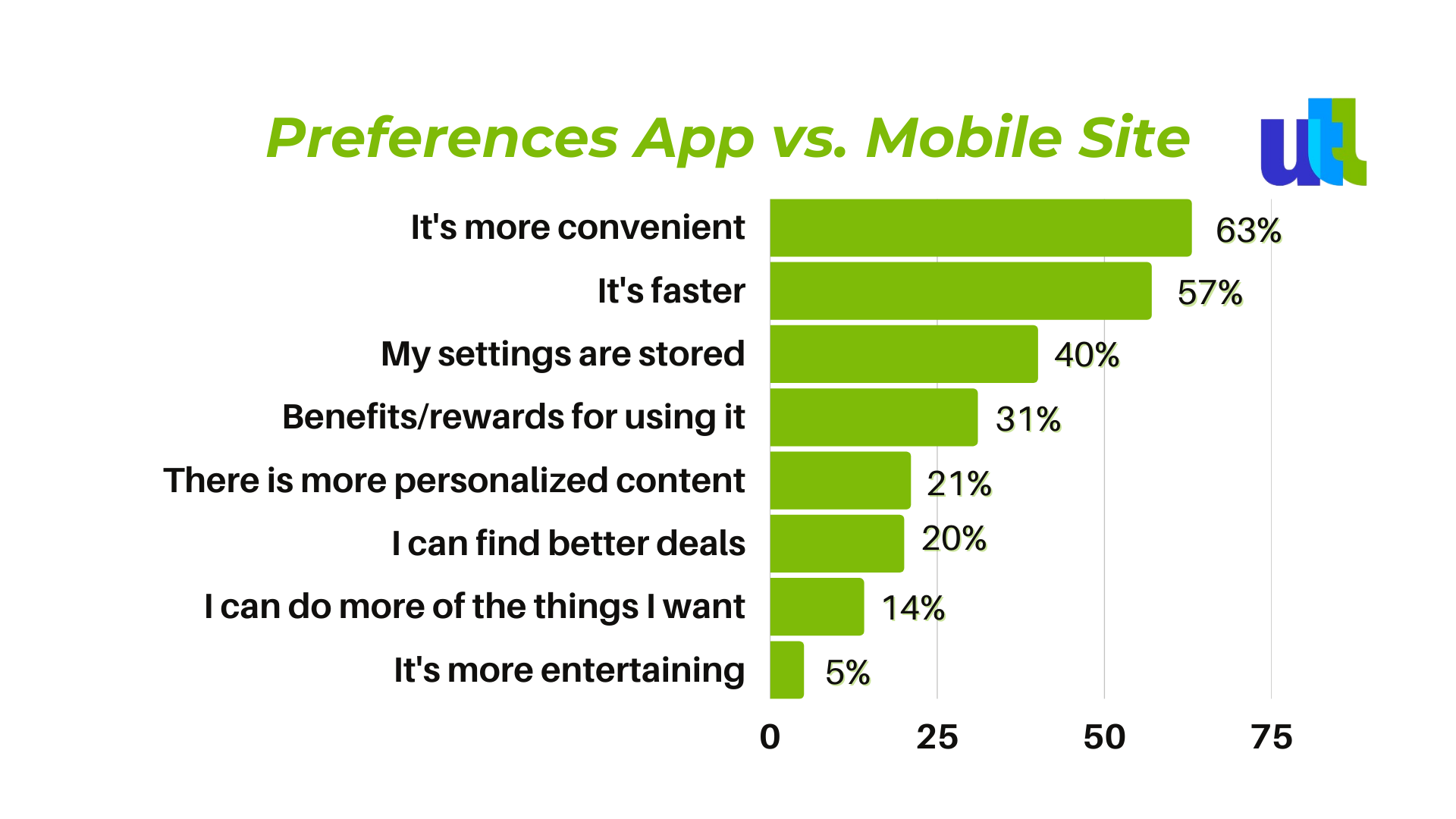
Today's eCommerce market requires transformation from brick-and-mortar stores into an excellent online presence. And this is where eCommerce mobile app development comes in.
Creating an environment where customers can get a more personalized and responsive shopping experience is bound to retain them. They will want to re-visit and even recommend the shopping platform or app ahead for perks like loyalty and recommender benefits
There are also some basic e-commerce app development requirements that customers expect to see. These include:
- User-friendly storefront
- Product review and rating system
- Payment system
- Customer support
- Third-party app integrations
Features to include for successful e-commerce app development
Paying much attention to the most important features while developing an e-commerce app is a crucial part of the success of the business. The development must take care of integrating maximum convenience and modern design while respecting the cost of quality app development.
Clarity on the features to be integrated and developed before the actual development will help make the app development process much more efficient.
Of course, some features can be added or left out from this list based on the specific goals of your e-commerce app. Custom mobile app development is thus always the best approach: it requires inputs from various experts, especially those with industry-specific knowledge and experience.
E-commerce app trends for 2023
1. Chatbots
Chatbots foster customer engagement, providing a channel for support, marketing activities, cross-selling, receiving feedback, and more. Customer communication, in its turn, also fosters brand relationships, amplifying brand loyalty.
The last but not least, the data received from chatbots can be used for analysis-driven objectives and future insights.
2. Big data
Leveraging Big Data (analysis of how the target audience in every location and of every age actually engages with your business), the UI/UX of the app can be tailored to better meet end-user needs.
Big Data also helps in creating marketing strategies with data-driven insights.
3. AR and VR
Virtual Reality or VR leverages the use of technology that simulates a real-world environment in the virtual world. The computer-generated 3D environment provides users with the experience of being present there. Think of VR used today in fashion and real estate.
With AR, a computer-generated image is superimposed on a real-life live image on devices.
For example, eCommerce companies like Amazon, Ikea, and others have leveraged the use of AR technology letting their customers experience how products will look in their spaces.
The trend will stay in 2023 and beyond.
4. Enhanced security measures
The last decade has witnessed the disruption of payment processes across many e-commerce ecosystems.
Security keeps on increasing, while data protection remains a key concern. In general, thorough data security and protection are more of a priority necessity rather than a trend.
Having said that, partnering with app development service providers that offer custom mobile app development and are aware of every latest trend out there will be the best in developing an e-commerce app. They will most likely translate the e-commerce business idea into a perfect online presence and e-commerce mobile app.
Wrapping up
An e-commerce app refers to a mobile app with online shopping capabilities. As the e-commerce industry is huge, an e-commerce app can be developed for several business types such as fashion, on-demand home services, car rental, furniture, food delivery, and more.
E-commerce application development helps to increase online presence, provide customers with on-the-go shopping opportunities, advance your marketing possibilities, and create strong brand recognition. Or even build a new business from scratch.
In recent years, the possibility of receiving an easy in-store experience with the convenience of being at home has driven customers to define standards for e-commerce app developers. In this blog, we have defined a basic flowchart of features to be considered while developing an e-commerce app.
Do you want to build your own successful online business or take your online presence to a new level? Check Utah Tech Labs app development.
For free consultation about e-commerce app development click here.
----------------------------------------------------------------------------------------------
View the full presentation:
WRITTEN BY
Sofia Kutko
2023-03-08








